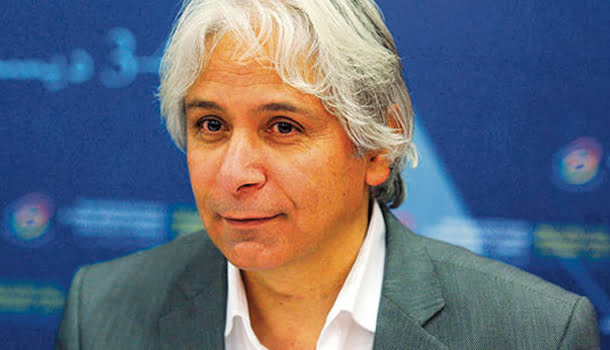What is the problem between the AK Party and Hizmet?

Date posted: December 1, 2013
İHSAN DAĞI
Since the government demands unconditional loyalty and the subordination of social forces, the economic, political and intellectual independence of the Hizmet movement from the government seems to be the problem.
The state in Turkey remains the central agent capable of and willing to suppress social and economic actors. In the absence of checks and balances within the system, that results in the monopolization of power in the hands of the few, and it is inevitable that even elected rulers become authoritarian.
Neither civil society nor business groups is capable of restraining a state that defies the rule of law. On the contrary, they are expected to be subservient to the omnipotent state.
If any civil society network or business group claims autonomy from the state and rejects being subordinated to the state, they will be “punished” for their acts of “disloyalty.” Punishment may take different forms. For the Hizmet movement, it is closing down the prep schools, for business groups like Boydak Holding, it is unexpected tax inspections to be followed by heavy fines. By so doing, the state tries to teach civil society who is the boss: It is the state in abstraction, but in practice, it is the few in power who think they are the embodiment of the state.
Having defeated the Kemalists who used to claim that they were the state, the ruling Justice and Development Party (AK Party) today displays a similar self-identification with the state. The Kemalists identified the state with the regime they established; the AK Party now identifies the state with its leader, Prime Minister Recep Tayyip Erdoğan.
The Kemalists regarded every ideology, every social group, every foreign government as a threat to the regime; the AK Party today views everything and everyone as conspiring against Erdoğan. This is not a healthy state of mind, yet it is the deep-rooted culture of those in power who think they are the state.
For the AK Party and the conservatives, it is an amazing journey to have gone from total exclusion by the state of the Kemalists to self-identification with the state and ownership of it within 10 years.
So the AK Party is now acting as the state has always acted in this land.
From the time of the Ottoman Empire to the Turkish Republic, the state (i.e., the owners of the state) has never felt secure vis-à-vis its own people. So it watched its own people very carefully because it was the people who would eventually claim power, and it was the people who would stand up for their rights. Therefore, they had to be taken under control by either coercion or co-optation. This has been the way to overcome the sense of insecurity that prevails among the rulers. So the “ideal subject” for the Ottomans and “ideal citizen” for the republic was the person who was dependent on the state for his/her survival, welfare, wellbeing and honor.
Thus the state never tolerated the emergence of independent social and economic forces. This has also been the state tradition since the Ottoman Empire. Both the empire and the republic fought against autonomous social and economic forces that are regarded as being against the monopolization of power by the state elite. People who did not depend on the good will of the state or refused to be part of the state patronage were not trusted. Subordination of the people to the state was essential for its owners.
People were either co-opted by the state or treated as a threat. This is the state tradition in Turkey that has not changed from the times of the Ottoman Empire to the Turkish Republic.
I think this is the background to keep in mind to understand the recent attempt by the government to undermine the Hizmet movement by closing down prep schools. For over a decade, the movement supported the ruling AK Party but maintained its autonomy from the government. As a social movement it does not need the state, its patronage or favor to survive.
Since the government demands unconditional loyalty and the subordination of social forces, the economic, political and intellectual independence of the Hizmet movement from the government seems to be the problem.
Source: Today's Zaman , December 1, 2013
Tags: Hizmet and politics | Turkey |
























